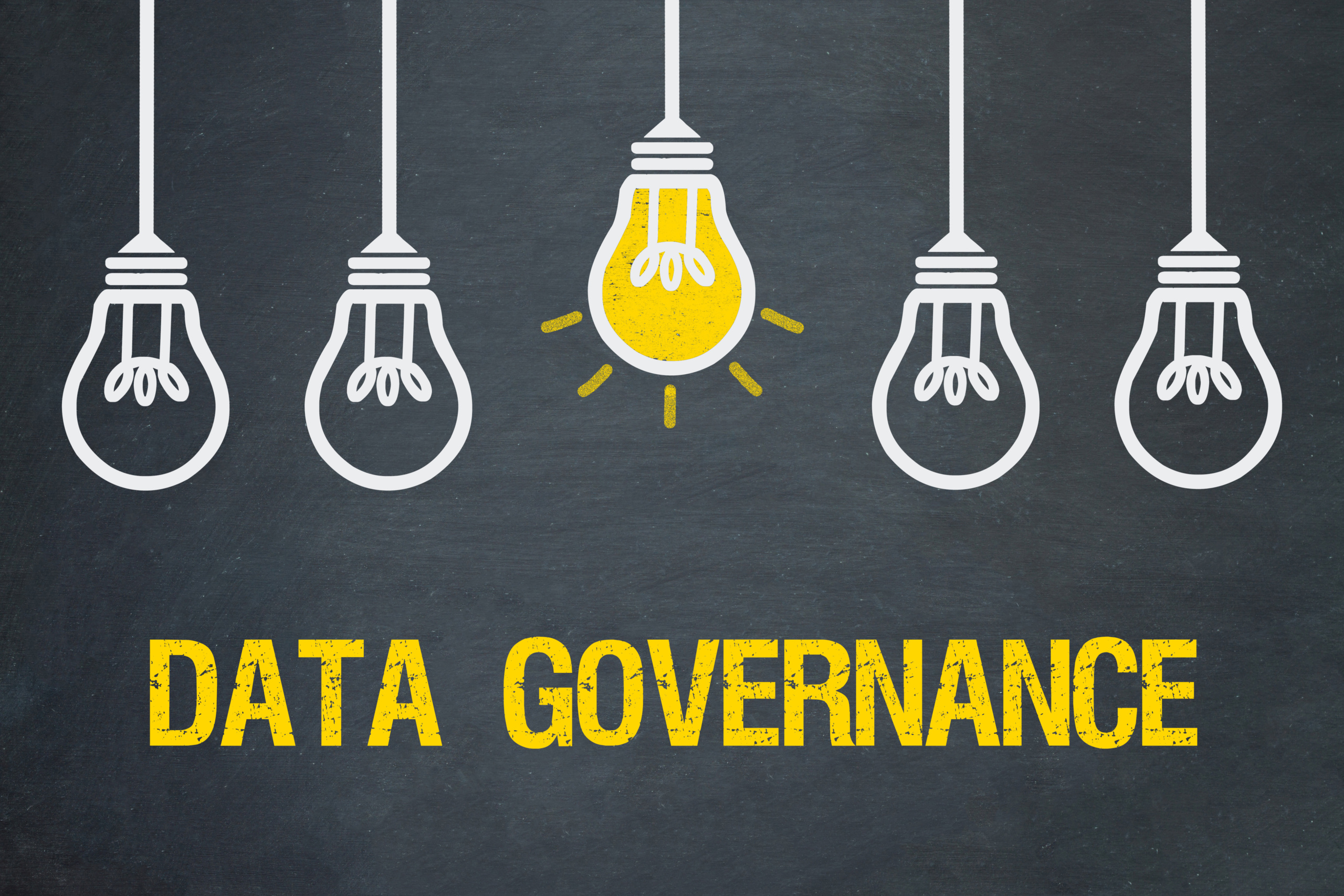Studies have shown that implementing a strong data governance strategy can significantly improve the returns from enterprise business intelligence (BI) investments. According to a study published by Forbes Insights, over 75 percent of corporate executives agree that data governance improves access of advanced BI capabilities to mainstream business users. Furthermore, a recent survey by Gartner shows that organizations which lack effective data governance may experience a 30% decline in the value of their data assets, underlining the importance of data governance.
In this article, we will delve into the foundations of data governance, its role on the success of BI, and steps to developing a solid data governance strategy.
What is data governance?
Data governance is the practice of managing the availability, usability, integrity, and security of the data used in an organization. It involves the development of policies, procedures, and standards that guide the management, handling, and use of data assets throughout their lifecycle. Data governance ensures that data is accurate, consistent, and trustworthy; enabling organizations to make informed decisions and gain valuable insights.
What are the common data governance policies and processes that organizations implement?
Organizations implement various data governance policies and processes to ensure the quality, integrity, security, and usability of their data assets. Some recommended common data governance policies and processes that effective organizations implement are:
- Data quality and integrity: Data quality improvement is commonly a top goal of data governance programs, and clean and accurate data sets are perhaps the most visible sign of effective governance.
- Data access: Data governance policies formally outline how data processing and data management should be carried out to make sure that data is accurate, consistent, and accessible throughout an organization’s systems.
- Data usage: Data governance policies specify different roles and responsibilities for implementing data usage policies and monitoring compliance with them.
- Data integration: Data governance involves the management of data-related resources, such as data dictionaries, data models, and metadata, to ensure that data is integrated and consistent across systems.
- Data security: Data governance policies ensure that data is protected from unauthorized access or breaches.
- Risk management: Data governance policies incorporate risk management principles to reduce potential business problems from the improper use of data.
- Data ethics: Data governance policies incorporate data ethics principles to ensure that data is used ethically and responsibly.
- Standards and procedures: Data governance policies establish standards and procedures for data management and usage to ensure consistency and compliance.
- Roles and responsibilities: Data governance policies establish roles and responsibilities for data management and usage to ensure accountability and compliance.
Overall, data governance policies and processes are designed to ensure that data is accurate, consistent, and trustworthy, and that it adheres to agreed-upon quality standards.
What are the key elements of data governance?
1. Data Governance Framework
A well-defined data governance framework sets the foundation for effective data management. It involves defining roles, responsibilities, and processes for managing data throughout its lifecycle. Key components of a data governance framework include data stewardship, data ownership, data quality standards, and data access controls. By establishing clear guidelines and accountability, organizations can ensure that data is consistent, accurate, and accessible to the right people at the right time.
2. Data Policies and Standards
Data policies and standards provide guidelines for how data should be collected, stored, processed, and shared within the organization. These policies help maintain data consistency, integrity, and compliance with regulatory requirements. Organizations should define policies regarding data classification, data retention, data privacy, and data security. By adhering to these standards, data governance ensures that BI efforts are built upon a solid and reliable foundation.
3. Data Quality Management
High quality data is crucial for deriving meaningful insights and making informed decisions. Implementing data quality management practices ensures that data is accurate, complete, and consistent. This includes conducting regular data profiling, data cleansing, and data validation processes. By monitoring data quality metrics and establishing data quality rules, organizations can identify and rectify any data anomalies or discrepancies, ensuring the reliability of BI outcomes.
4. Data Security and Privacy
Protecting sensitive data is of utmost importance in today’s digital landscape. Data governance should include robust security measures and protocols to safeguard data assets. This involves implementing access controls, encryption techniques, and data masking. Additionally, organizations must comply with relevant data privacy regulations, such as GDPR or CCPA, to ensure that personal data is handled ethically and securely.
5. Data Lifecycle Management
Data governance should encompass the entire lifecycle of data, from creation to archival or deletion. This includes defining data retention policies, data archival processes, and data disposal procedures. By effectively managing the data lifecycle, organizations can optimize storage costs, maintain data relevance, and comply with legal and regulatory requirements.
6. Data Governance Education and Training
Data governance is a collective effort that requires the active participation of stakeholders across the organization. To ensure successful implementation, organizations should invest in educating and training employees on data governance principles and practices. By fostering a culture of data literacy, organizations can empower employees to understand the importance of data governance and their role in maintaining data quality and integrity.
7. Continuous Monitoring and Improvement
Data governance is an ongoing process that requires continuous monitoring and improvement. Organizations should establish metrics and key performance indicators (KPIs) to measure the effectiveness of data governance initiatives. Regular audits and data governance reviews help identify areas for improvement and ensure that data governance practices align with evolving business needs.
What is the role of data governance in self-service BI?
With self-service BI, organizations empower users to explore and analyze data independently, enabling faster decision-making and greater insights. However, without proper data governance practices in place, self-service BI can become a double-edged sword.
Data governance helps maintain data quality, promotes data consistency, and ensures compliance with regulations and internal policies. It provides guidelines for data sharing, access controls, and data usage, fostering trust and confidence in the data among users. Effective data governance enables organizations to derive meaningful and reliable insights from self-service BI, enhancing decision-making capabilities.
However, implementing data governance for self-service BI comes with its own set of challenges. Balancing the need for data accessibility with data security can be a delicate task. Organizations must strike a balance between granting users the freedom to explore data and ensuring proper controls to protect sensitive information. Additionally, ensuring data consistency and quality across diverse self-service BI environments can be complex. Organizations need to establish clear data governance frameworks, provide comprehensive user training, and leverage technology solutions to enforce data governance policies effectively. Collaboration between IT and business stakeholders is crucial to address these challenges and establish a robust data governance framework that supports self-service BI initiatives.
Summary
Implementing effective data governance is crucial for successful business intelligence initiatives. By establishing a robust data governance framework, defining clear roles and responsibilities, ensuring data quality, and implementing appropriate security measures, organizations can unlock the full potential of their data assets. Embracing these best practices will empower organizations to make data-driven decisions, derive valuable insights, and gain a competitive edge in today’s data-centric business landscape.
As a partner providing self-service BI solutions, QX Impact brings deep expertise and experience in implementing robust data governance frameworks, ensuring that organizations can navigate the complexities of data management effectively. QX Impact offers comprehensive solutions and tools that streamline data governance processes, from data quality to security and privacy.



